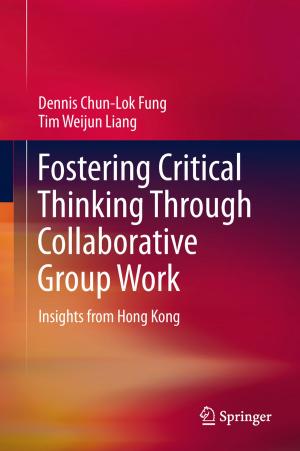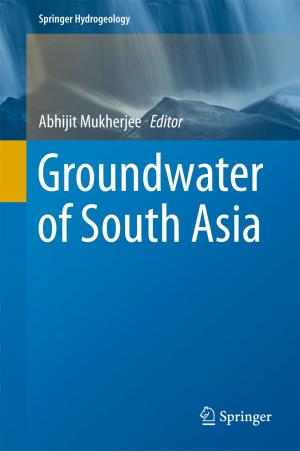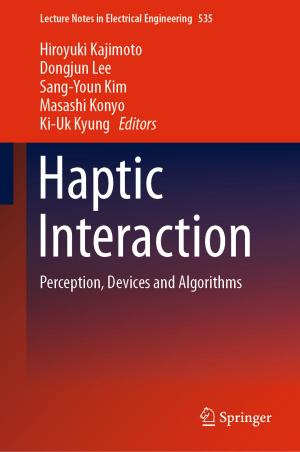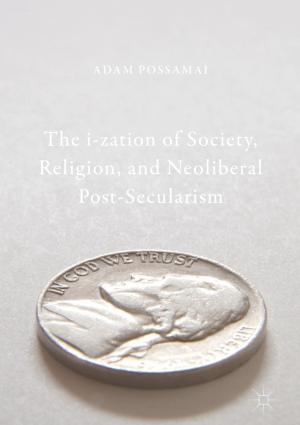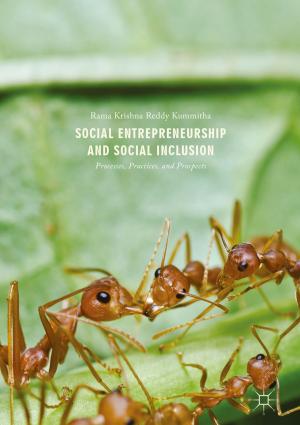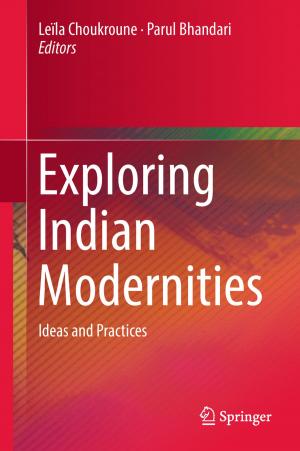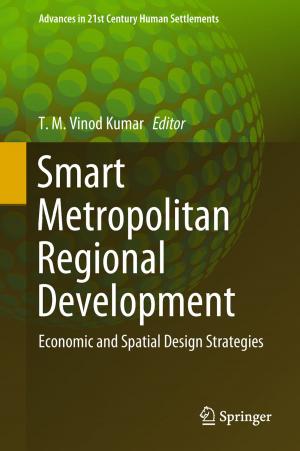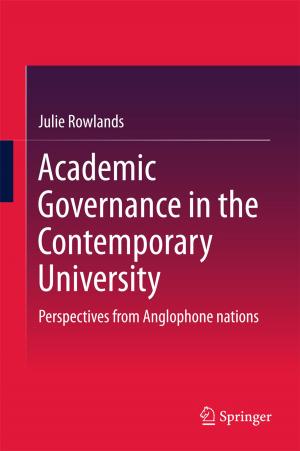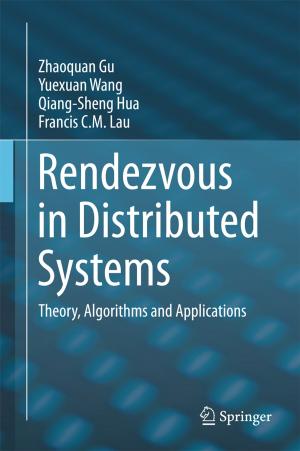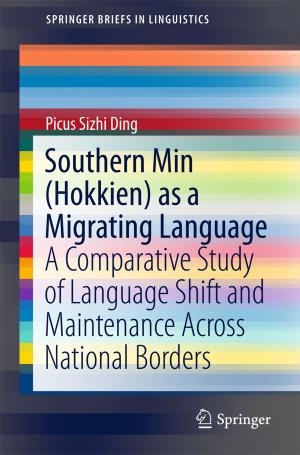Implementing Cross-Culture Pedagogies
Cooperative Learning at Confucian Heritage Cultures
Nonfiction, Reference & Language, Education & Teaching, Educational Theory, Educational Psychology, Philosophy & Social Aspects| Author: | Pham Thi Hong Thanh | ISBN: | 9789814451918 |
| Publisher: | Springer Singapore | Publication: | November 27, 2013 |
| Imprint: | Springer | Language: | English |
| Author: | Pham Thi Hong Thanh |
| ISBN: | 9789814451918 |
| Publisher: | Springer Singapore |
| Publication: | November 27, 2013 |
| Imprint: | Springer |
| Language: | English |
During the last two decades Confucian heritage culture countries have widely promoted teaching and learning reforms to advance their educational systems. To skip the painfully long research stage, Confucian heritage culture educators have borrowed Western philosophies and practices with the assumption that what has been done successfully in the West will produce similar outcomes in the East. The wide importation of cooperative learning practices to Confucian heritage culture classrooms recently is an example. However, cooperative learning has been documented in many studies not to work effectively in Confucian heritage culture classrooms. The reason is that the educators often impose this instructional method on the students without a careful consideration of its appropriateness in the socio-cultural context of Confucian heritage culture countries. This procedure is not effective and professional because learning does not stand alone. Rather, it is shaped and influenced by other factors including teaching methods, learning tasks, assessment demands, workload and the learning culture of students in the local context. For cooperative learning to work effectively in Confucian heritage culture classrooms, reformers need to consider the importation of this approach in line with a careful examination of all supports and constraints that affect those factors that are associated with learning.
The volume provides an applied theoretical framework and culturally appropriate and practical instructions that could assist Confucian heritage culture educators and teachers to address various factors at multiple levels in order to optimize success in importing cooperative learning to their classrooms. Overall, it provides strategies to assist Confucian heritage culture teachers to change their teaching practices, redesign lessons plans, design assessment methods, and organize learning activities in a manner that can influence Confucian heritage culture students to shift from employing teacher-centered learning approaches to cooperative learning.
During the last two decades Confucian heritage culture countries have widely promoted teaching and learning reforms to advance their educational systems. To skip the painfully long research stage, Confucian heritage culture educators have borrowed Western philosophies and practices with the assumption that what has been done successfully in the West will produce similar outcomes in the East. The wide importation of cooperative learning practices to Confucian heritage culture classrooms recently is an example. However, cooperative learning has been documented in many studies not to work effectively in Confucian heritage culture classrooms. The reason is that the educators often impose this instructional method on the students without a careful consideration of its appropriateness in the socio-cultural context of Confucian heritage culture countries. This procedure is not effective and professional because learning does not stand alone. Rather, it is shaped and influenced by other factors including teaching methods, learning tasks, assessment demands, workload and the learning culture of students in the local context. For cooperative learning to work effectively in Confucian heritage culture classrooms, reformers need to consider the importation of this approach in line with a careful examination of all supports and constraints that affect those factors that are associated with learning.
The volume provides an applied theoretical framework and culturally appropriate and practical instructions that could assist Confucian heritage culture educators and teachers to address various factors at multiple levels in order to optimize success in importing cooperative learning to their classrooms. Overall, it provides strategies to assist Confucian heritage culture teachers to change their teaching practices, redesign lessons plans, design assessment methods, and organize learning activities in a manner that can influence Confucian heritage culture students to shift from employing teacher-centered learning approaches to cooperative learning.

